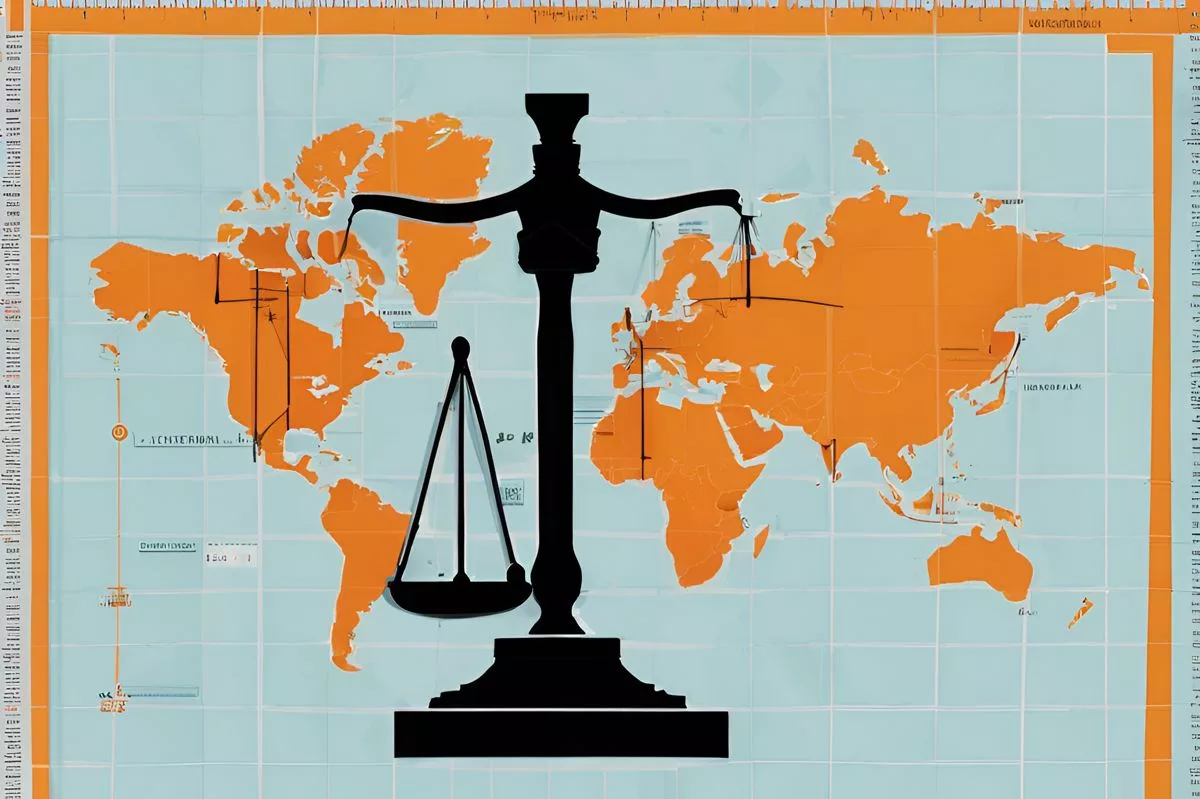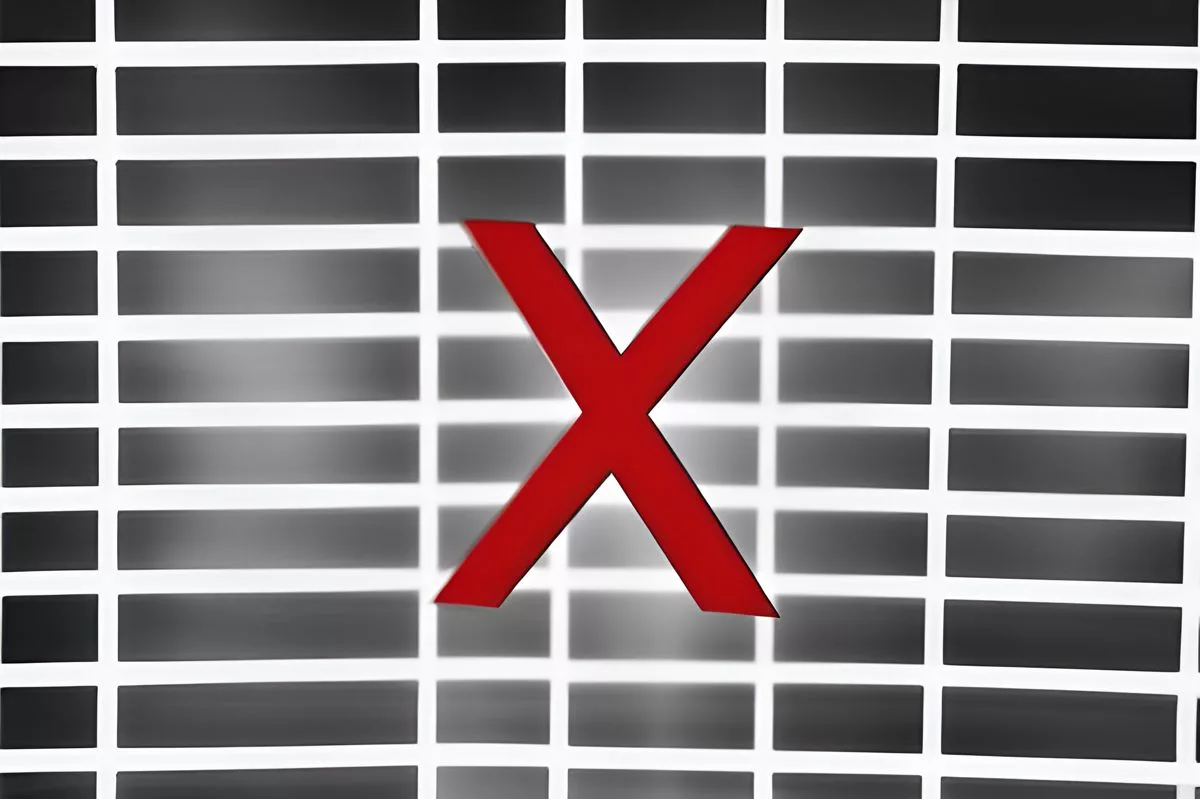The international legal landscape is constantly evolving, responding to the various situations that arise across the globe. One recent development that has garnered worldwide attention is the appeal by South Africa to the International Court of Justice (ICJ) for emergency measures against Israel’s military activities in Gaza. This controversial situation has led to a dissenting vote from Justice Julia Sebutinde, highlighting the complex deliberations that international jurists must undertake.
The Role of International Law in Resolving Disputes
The role of international law in resolving disputes between countries has gained significant prominence in recent years. Cyprus, for example, has previously sought the ICJ’s advisory opinion during its dispute over the declaration of independence by the Turkish Republic of Northern Cyprus. This highlights the shared reliance on international legal structures for justice and resolution.
The EU’s Approach to International Law
International law also plays an integral role in the European Union’s (EU) foreign policy. Cyprus, which joined the EU in 2004, has been a strong advocate for the shared vision of upholding international law and achieving peaceful conflict resolution. The EU’s endorsement of a two-state solution in the Israeli-Palestinian conflict illustrates its commitment to this goal.
The Importance of Judge Sebutinde’s Dissenting Vote
Judge Sebutinde’s dissenting vote is of immense importance as it highlights the intricate nature of international law. The evaluation of case merits must also consider the broader repercussions on international relations. The world watches as international players voice their opinions on these issues, with keen interest in the impacts and outcomes of such legal endeavours.
The Role of Media Outlets in Public Opinion
Media outlets such as Al Jazeera have raised concerns about impartiality in their reporting on the Israeli forces’ response during aid distribution. This underscores the vital role of media outlets in shaping public opinion. A comprehensive understanding of the situation should incorporate the different narratives that surface in these contexts.
The Interplay Between Legal Judgment, International Diplomacy, and Media Scrutiny
As the situation between South Africa and Israel continues to unfold at the ICJ, the world is an eager spectator to the interplay between legal judgment, international diplomacy, and media scrutiny. The EU, along with member states such as Cyprus, persistently promotes the rule of law. However, the journey towards peace is fraught with challenges. The dissenting vote of Justice Sebutinde serves as a reminder that the pursuit of justice and resolution can follow diverse and sometimes conflicting routes.








